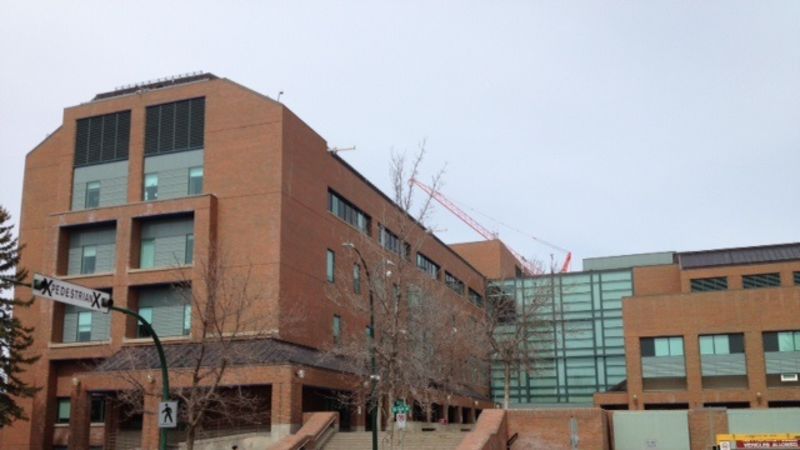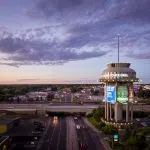
Lethbridge ER seeing influx of non-emergency patients as doctors leave province
LETHBRIDGE, AB – An emergency room (ER) doctor at Chinook Regional Hospital says they have been getting increasingly busy lately.
Dr. Sean Wilde says there are several reasons for why this could be the case, but most prominently, there is a significant shortage of family doctors in the city.
Normally, he explains that residents of Lethbridge would not have much trouble finding a physician that is accepting new patients. Now, however, a search on AlbertaFindADoctor.ca does not show a single family doctor in the city that is able to take more people on.
It has become a trend that doctors across the province have been leaving Alberta to work elsewhere or ending their medical practice altogether.


